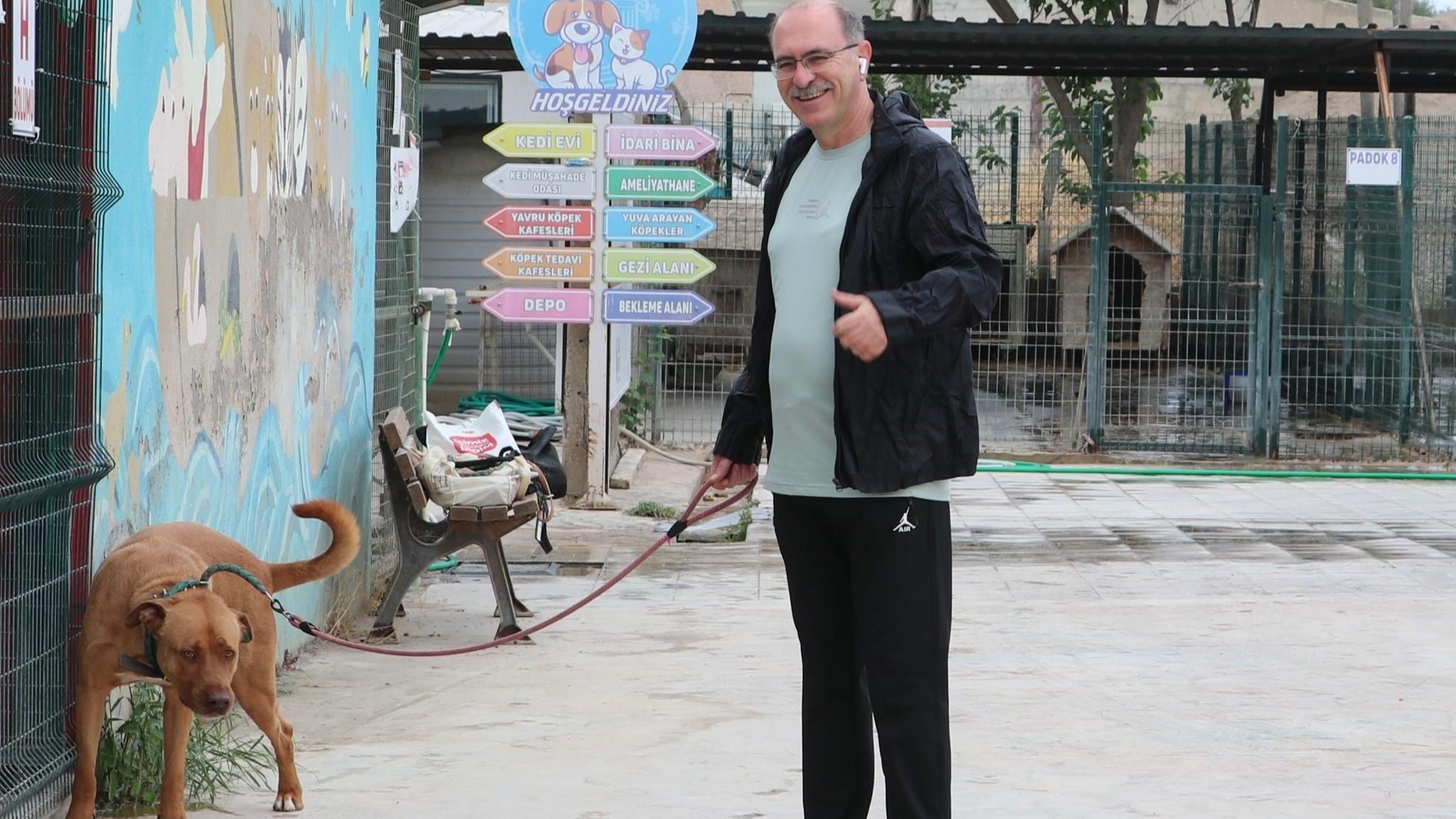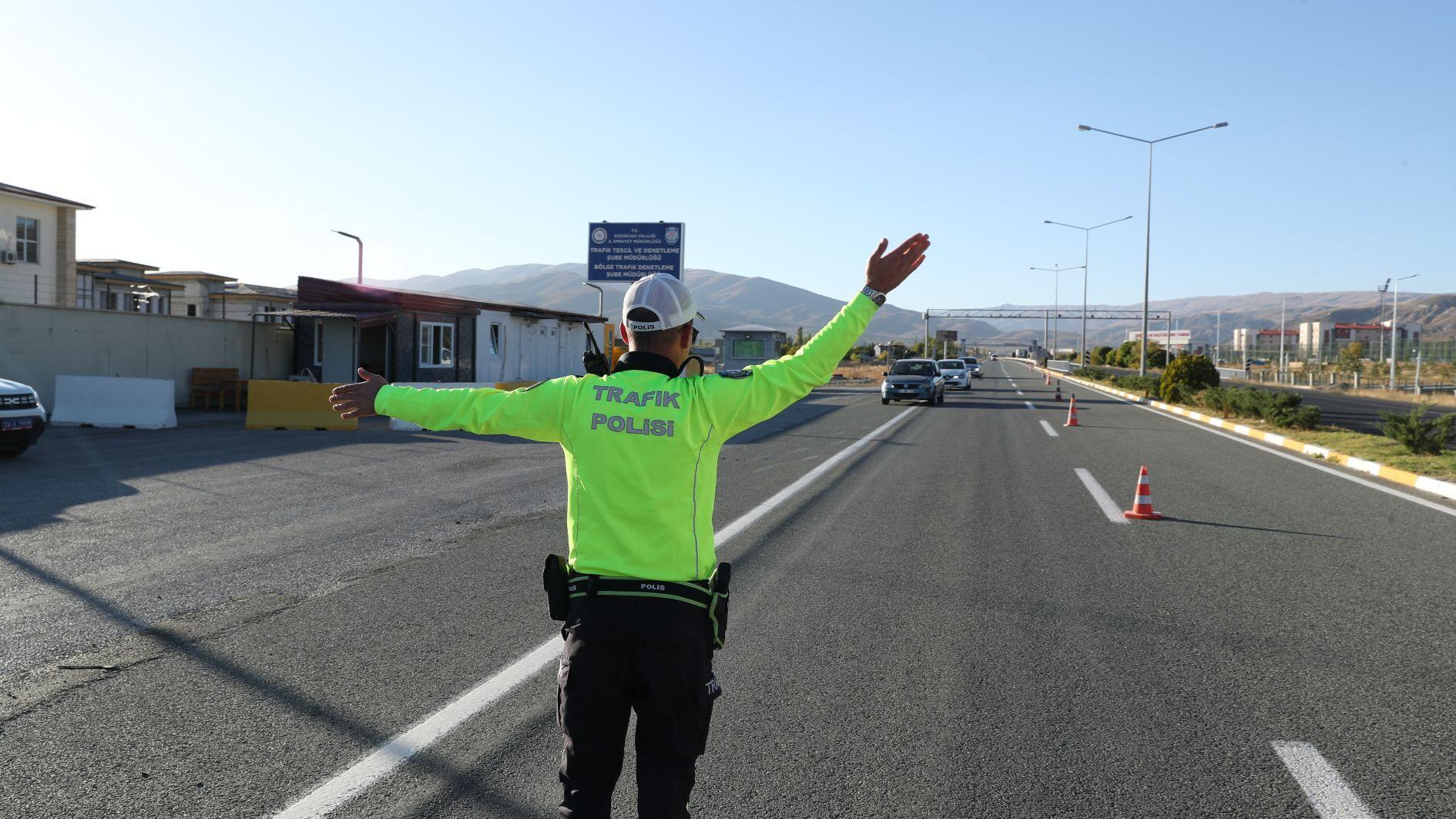British expats in Didim start charity for pets left post-holiday season
AYDIN

In a heartwarming initiative, a group of British expatriates in the Aegean province of Aydın’s Didim district has launched a charity to provide care and shelter for animals left behind by tourists at the end of the holiday season.
The organization, named CODA Didim Street Animals Association, was established by Linda Diana Gültekin, Maggie Dulledge, Heidther Frost and Shoron Hattow to provide food, shelter and medical care for stray animals abandoned after summer vacations.
Every week, the group organizes a charity market known as the English Bazaar in Didim’s Akbük neighborhood, where they sell donated clothes and household items.
The market, held year-round regardless of weather, has become a popular attraction among locals, who line up early in the morning to browse items priced from 20 to 200 Turkish Liras (around $0.50-$5).
The goods range from clothes, shoes and bags to bedding, curtains and accessories, donated by both residents and visitors.
All proceeds from the bazaar are spent on providing food and medical supplies for stray animals, while CODA members also volunteer directly in animal shelters, offering hands-on care and assistance.
Last year, the U.K.-based Happy Paws Puppy Rescue partnered with Turkish shelters to transport rescued dogs to Britain for adoption, expressing concern about the impact of Türkiye’s new animal welfare regulations. The organization describes itself as a charity dedicated to rescuing dogs and rehoming them in family environments.
In May, the ruling Justice and Development Party (AKP) called for revisions to the Animal Rights Law, arguing that the existing sterilization-based approach was insufficient to manage the stray dog population — estimated at around 6.5 million — and ensure public safety.
Following heated debates and criticism, the parliament ratified the controversial bill on July 30, which took effect in December.















